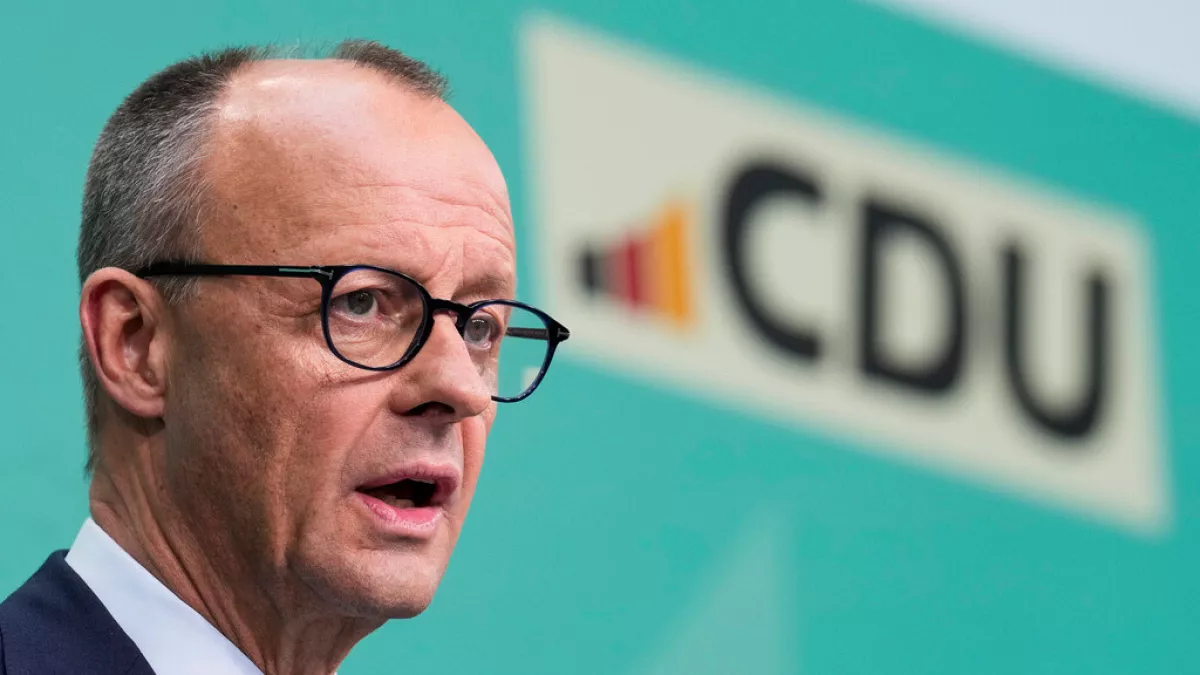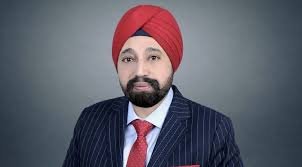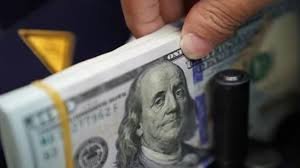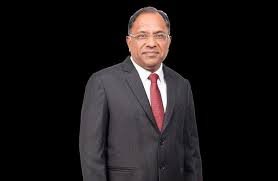Friedrich Merz, leader of Germany’s Christian Democratic Union (CDU), is poised to become the nation’s next Chancellor following the CDU’s victory in the recent federal elections. This development marks a significant shift in Germany’s political landscape, with Merz bringing a conservative approach to leadership.
Early Life and Political Ascendancy
Born on November 11, 1955, in Brilon, North Rhine-Westphalia, Merz pursued law at the universities of Bonn and Marburg. His political career commenced in 1989 as a Member of the European Parliament, representing the CDU. By 1994, he transitioned to the German Bundestag, and in 2000, he ascended to the role of chairman of the CDU/CSU parliamentary group. However, internal party dynamics led him to cede this position to Angela Merkel in 2002. After a period away from frontline politics, Merz made a notable return, being elected as the CDU leader in 2022.
Political Ideology and Leadership Style
Merz is recognized for his conservative stance, advocating for tax reductions, deregulation, and stringent immigration policies. This positions him in contrast to his centrist predecessors, Angela Merkel and Olaf Scholz. His leadership signifies a rightward shift for the CDU, aiming to address voter concerns on economic and social issues.
Challenges and Coalition Building
In the recent elections, the CDU secured just under 29% of the vote. To establish a stable government, Merz faces the intricate task of forming a coalition. Potential partners include the Social Democrats (SPD), who garnered 16.4% of the vote, or the far-right Alternative für Deutschland (AfD), which achieved a significant 20%. Collaborating with the AfD would be contentious and break longstanding political conventions. Key issues awaiting the new government encompass immigration policy, economic revitalization, and national security amidst evolving global dynamics.
Implications for Germany’s Future
Merz’s ascent to the chancellorship is anticipated to influence Germany’s domestic and foreign policies profoundly. His administration is expected to prioritize industrial growth, job creation, and a reassessment of energy policies, including a potential shift towards nuclear power. On the international stage, Merz’s leadership may redefine Germany’s role within the European Union and its relations with global partners, especially in light of recent geopolitical developments.
Public Perception and Leadership Outlook
Despite his political resurgence, public opinion on Merz remains divided. While he has consolidated support within the CDU, broader voter satisfaction appears lukewarm, with some viewing him as a less unfavorable choice among limited alternatives. Merz’s ability to navigate these perceptions while implementing his policy agenda will be crucial in determining the effectiveness and longevity of his tenure as Chancellor.

CDU election results Germany
Why This News Is Important
Impact on European Political Dynamics
Friedrich Merz’s election as Germany’s Chancellor signifies a pivotal moment in European politics. Germany, as Europe’s largest economy, plays a central role in shaping EU policies. Merz’s conservative approach may influence the EU’s direction on economic reforms, immigration, and foreign relations, potentially leading to a realignment of alliances and policy priorities within the bloc.
Economic Policy Shifts
Merz’s advocacy for tax cuts and deregulation suggests impending changes to Germany’s economic landscape. Such policies could stimulate business growth and attract investments, but they also raise questions about social welfare programs and income inequality. Understanding these potential shifts is crucial for stakeholders within and beyond Germany, as they may have ripple effects across the global economy.
Historical Context
The CDU’s Evolution and Merz’s Role
The Christian Democratic Union (CDU) has been a dominant force in German politics since its inception post-World War II. Under leaders like Konrad Adenauer and Angela Merkel, the party embraced centrist policies, promoting social market economics and European integration. Friedrich Merz, known for his conservative and pro-business views, represents a faction within the CDU that advocates for a return to traditional conservative values. His initial tenure in the early 2000s as the chairman of the CDU/CSU parliamentary group was marked by internal disagreements, leading to his temporary departure from frontline politics. His resurgence and election as party leader in 2022 signaled a shift towards conservative policies, culminating in his recent electoral victory.
Key Takeaways from Friedrich Merz’s Election as Chancellor
| S.No | Key Takeaway |
|---|---|
| 1 | Friedrich Merz Elected as Chancellor: Leader of the CDU, Friedrich Merz, has been elected as Germany’s Chancellor, marking a significant political shift. |
| 2 | CDU’s Victory in Federal Elections: The Christian Democratic Union secured just under 29% of the vote in the recent federal elections. |
| 3 | Potential Coalition Challenges: Merz faces the task of forming a coalition, with potential partners including the SPD and the controversial AfD. |
| 4 | Policy Priorities: His administration is expected to focus on industrial growth, job creation, and a reassessment of energy policies, including support for nuclear power. |
| 5 | Implications for EU Relations: Merz’s leadership may redefine Germany’s role within the European Union, influencing economic and foreign policies across the bloc. |
CDU election results Germany
Important FAQs for Students from this News
1. Who is Friedrich Merz?
Friedrich Merz is a German politician and leader of the Christian Democratic Union (CDU). He has been elected as Germany’s next Chancellor, marking a conservative shift in the country’s leadership.
2. Why is Friedrich Merz’s election important?
Merz’s leadership signifies a rightward shift in Germany’s policies, focusing on economic deregulation, tax cuts, stricter immigration laws, and a potential reassessment of energy policies, including nuclear power.
3. What party does Friedrich Merz represent?
He represents the Christian Democratic Union (CDU), one of Germany’s major political parties, traditionally associated with center-right policies.
4. What are some of Friedrich Merz’s key policy stances?
Merz supports tax cuts, economic deregulation, pro-business reforms, and stricter immigration controls. He also advocates for strengthening Germany’s industrial and energy policies.
5. How does Merz’s election impact the European Union (EU)?
As Germany plays a crucial role in EU politics, Merz’s leadership may influence economic reforms, immigration policies, and geopolitical strategies across the EU
Some Important Current Affairs Links


















 Exciting News!
Exciting News!  Join Our Telegram Channel Now!
Join Our Telegram Channel Now!
 Join our Telegram channel for a thrilling adventure into the world of daily current affairs.
Join our Telegram channel for a thrilling adventure into the world of daily current affairs. 
 Don’t miss out on the latest updates and insights! Click to join now and be part of the knowledge revolution!
Don’t miss out on the latest updates and insights! Click to join now and be part of the knowledge revolution! 
